The project aims at improving the social and labour market integration of young disadvantaged women with low basic skills by improving youth workers’ capacity to engage them in grassroots projects for the sustainable development of local communities. Young women living in post-conflict countries or in countries facing profound social transformation will become real changemakers in their communities and countries, by experiencing the setting up of a grassroot project and gaining skills to further develop it.
Projects
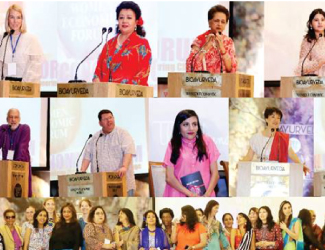
W4GEA
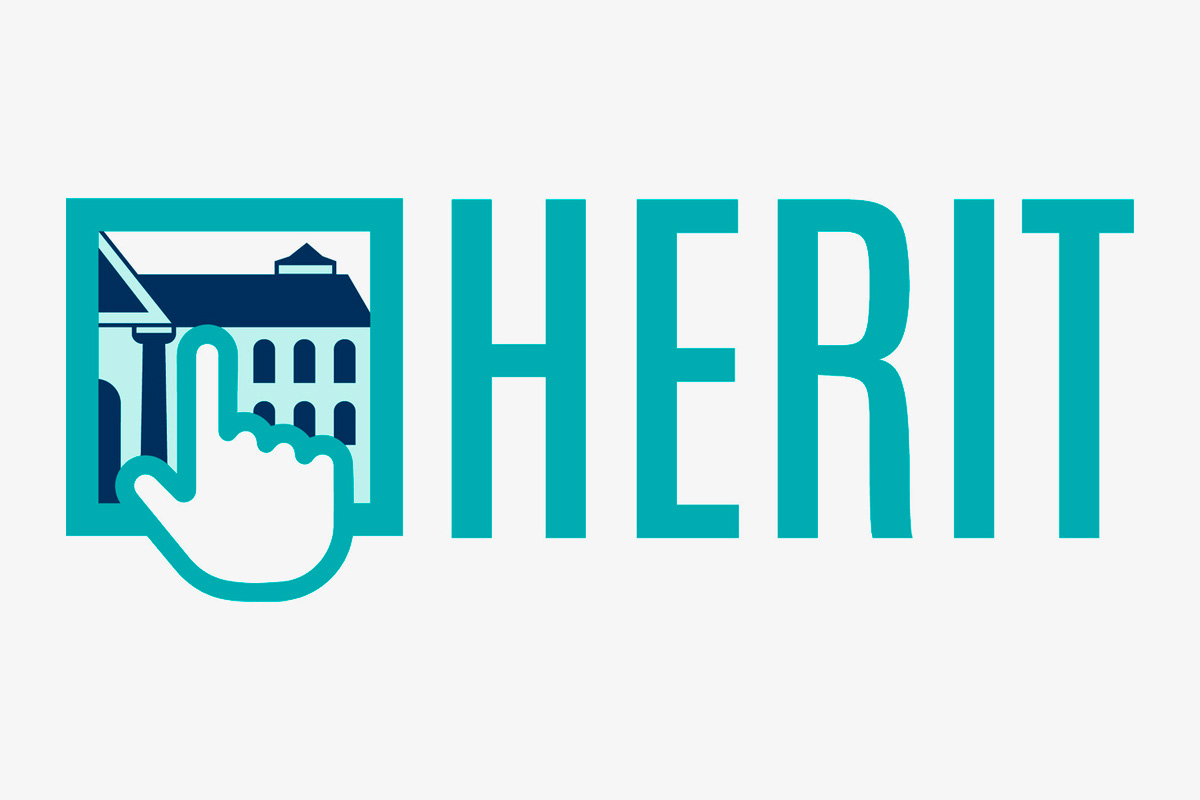
HERIT - Heritage Efficient management through Relevant IT use
Heritage Efficient through Relevant IT use, is an Erasmus+ funded project, starting from June 2021 until the end of May 2023.
This 24-month project specifically aims at boosting the digital education readiness of the private owners of historic houses, helping them to face the dramatic impact of the COVID-19 crisis on cultural tourism. The central element of HERIT is the creation of a massive open online course (MOOC) tailored for private owners of historic houses. The course will aim at developing and enhancing the expertise of the owners themselves in business development and in the use of digital tools, as well as their knowledge of the regulatory and legal framework in the cultural heritage sector at the national and European level. EHH as an association represents the primary target group of the expected outputs of the project. This is why EHH will play a leading role in relation to different aspects of the implementation of the project itself and in particular: the collection of information and statistical data regarding the private historic houses sector; the maintenance of contact and exchange of information with the national historic houses associations and private owners to ensure that the content of the MOOC is truly responsive to the real needs of its target groups; and the promotion and dissemination of the online course.
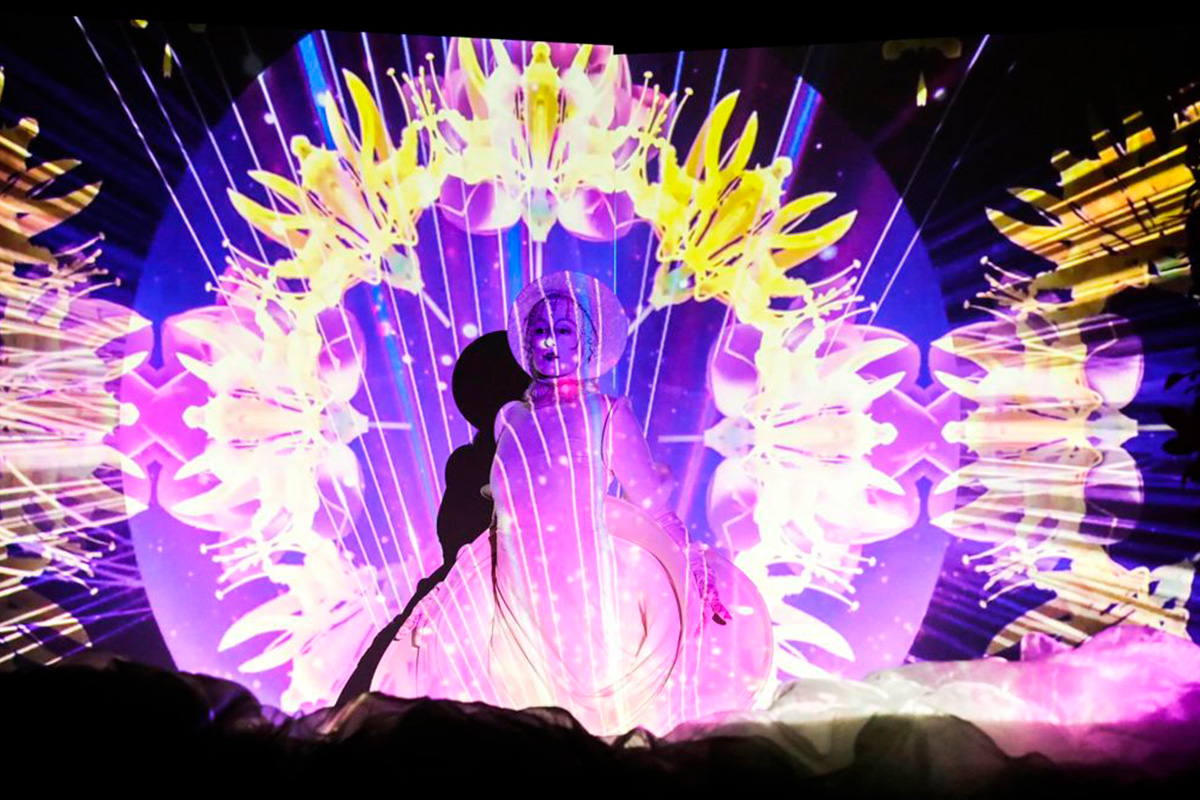
Faville Festival
Coming Soon
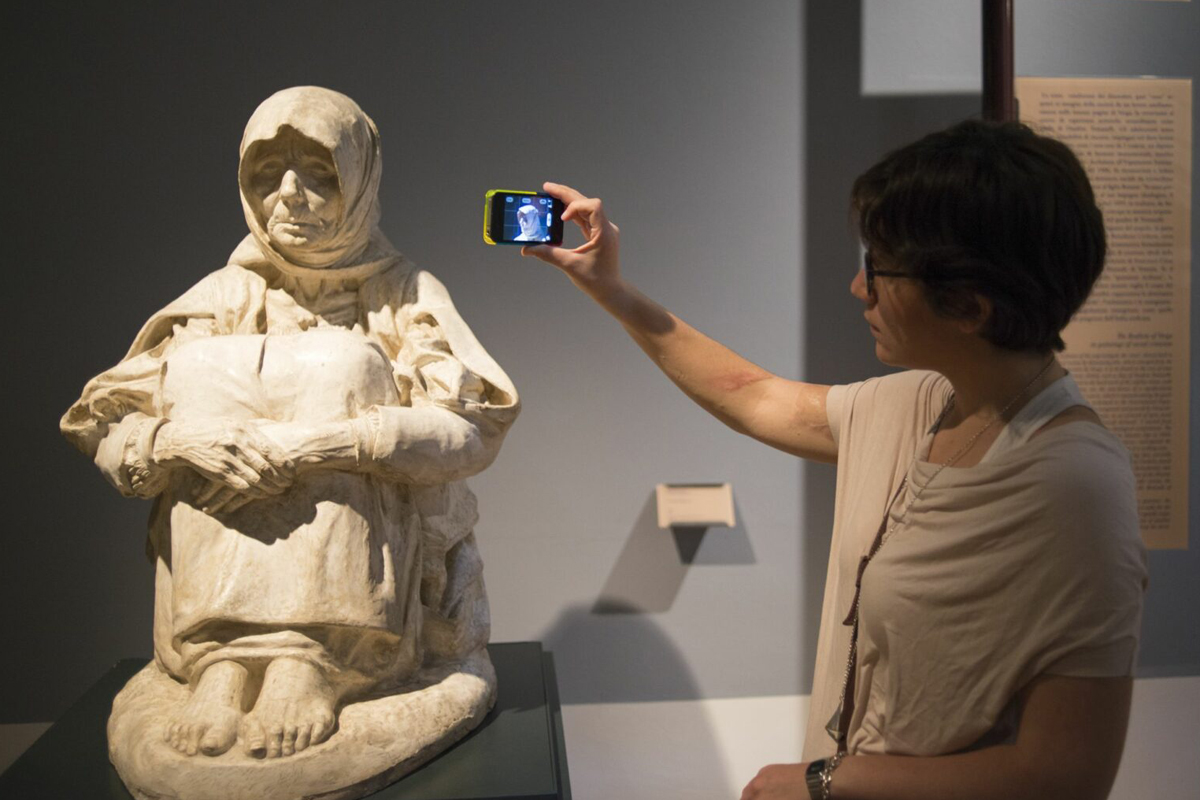
DIGINV - Digital Invasions for the promotion of the cultural heritage
The project scales up the Digital Invasion methodology, which was developed in Italy. The methodology improves the digital and communication skills of cultural operators, helping them become promoters to and engage citizens in the valorization of cultural heritage. It also works to improve the digital skills of citizens involved (from the youngest to the elderly) by using new technologies to promote and valorize a cultural point of interest.
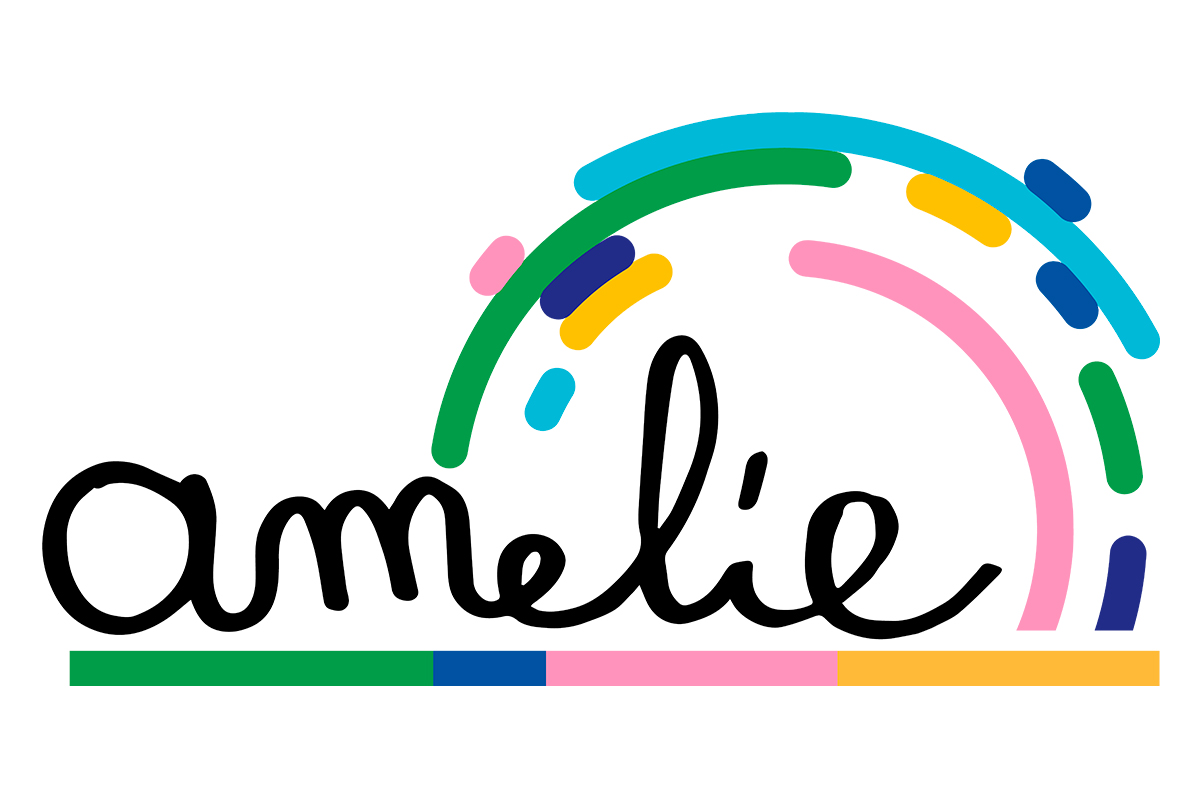
AMeLiE - Advanced Media Literacy Education to counter online hate-speech
The AMeLiE project involves innovative practices in the digital age and works on the theme of social inclusion: these are two aspects of fundamental importance, strongly correlated, and which permeate our life. Social inclusion is a priority that goes beyond national and European borders, becoming a central node to be addressed in all fields and at all levels, from the institutional one to that of the various communities. The virtual world, the internet, social media, are also communities, and should therefore not be excluded from this common effort for a more tolerant, fairer and respectful society. This is why AMeLiE addresses the issue of online hate-speech, which has become particularly evident thanks to its current diffusion and popularity on social media, that is, where young people have more easily access. The project addresses this theme starting from providing innovative tools for education, in order to have a widespread and participatory methodology as well as new generations of teachers trained to actively involve young people in this common goal. In fact, the aim of the project is to train teachers and representatives of school communities (school managers, digital facilitators, but also representatives of families) on the specific methodology proposed, which goes in the direction of getting a step forward also in the field of “digital citizenship”, in line with the next Digital Europe program, thus going beyond basic computer skills and focusing on the formation of advanced media literacy skills for those in educational roles. AMeLiE’s methodology is based on the use and further development of already existing and tested good practices and is based on the principle of co-construction of the training path by learners at all levels, from trainers to teachers, from parents to students. The positive effect will be to have created a community that will not have passively learned techniques and tools but will be an active engine for grassroots proposals and solutions, in a constant process of exchange and sharing.
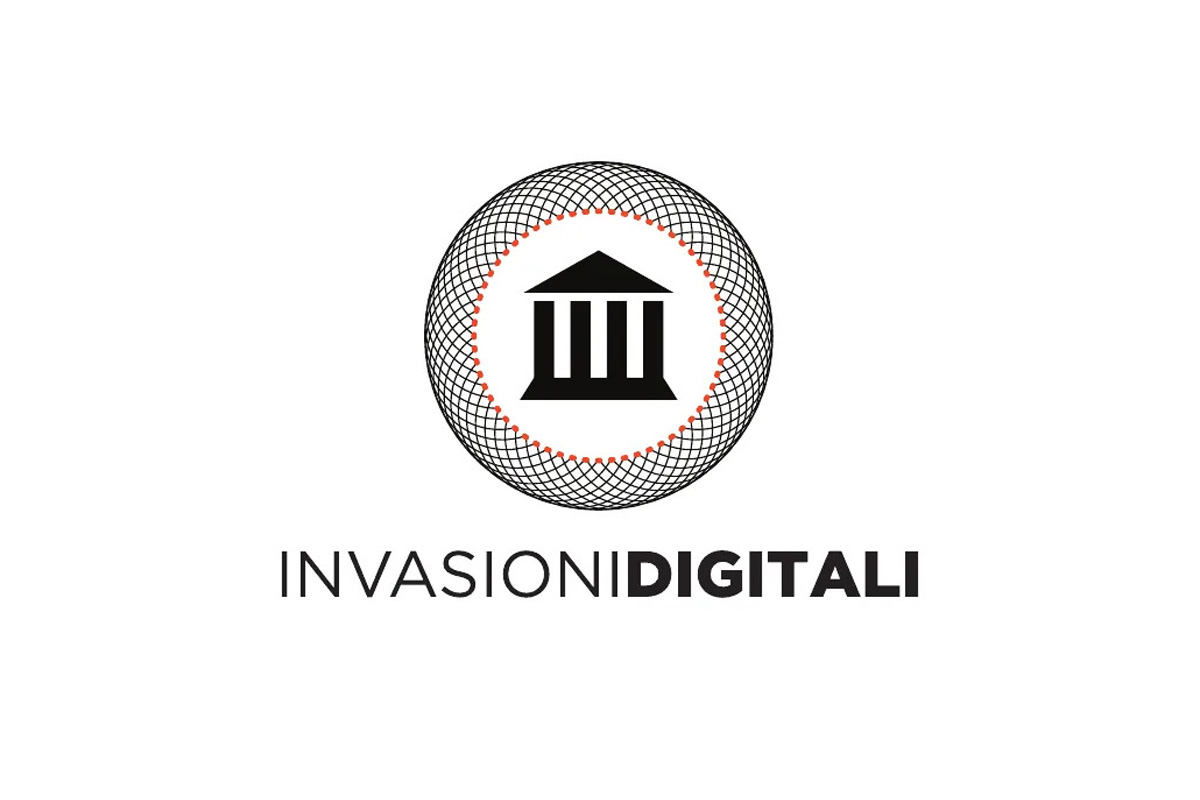
#ARTEST
Erasmus Plus – KA2 Capacity Building in the field of Higher Education
The project is targeted at rethinking education in humanities in Russia and Mongolia in line with the EU research and practices in the field of multidisciplinary education and integrating STEM aspects into curriculum. This aim is derived from the current situation on the labour markets and demand on professionals in arts and cultural sector with a diverse range of competences, in particular, profound knowledge of the main subject (humanities and arts) and STEM skills for facing challenges of the digital age. Thus, the specific objectives are: develop innovative education methodology based on research methods of humanities, digital humanities, STEM; provide teaching staff with trainings in order to equip university teaching staff with new methodology; develop and launch of a new Master degree programme with international exchange opportunities in PC HEIs; create of a Digital Lab which unites postgraduate students in international projects aimed at preserving and promoting cultural heritage.
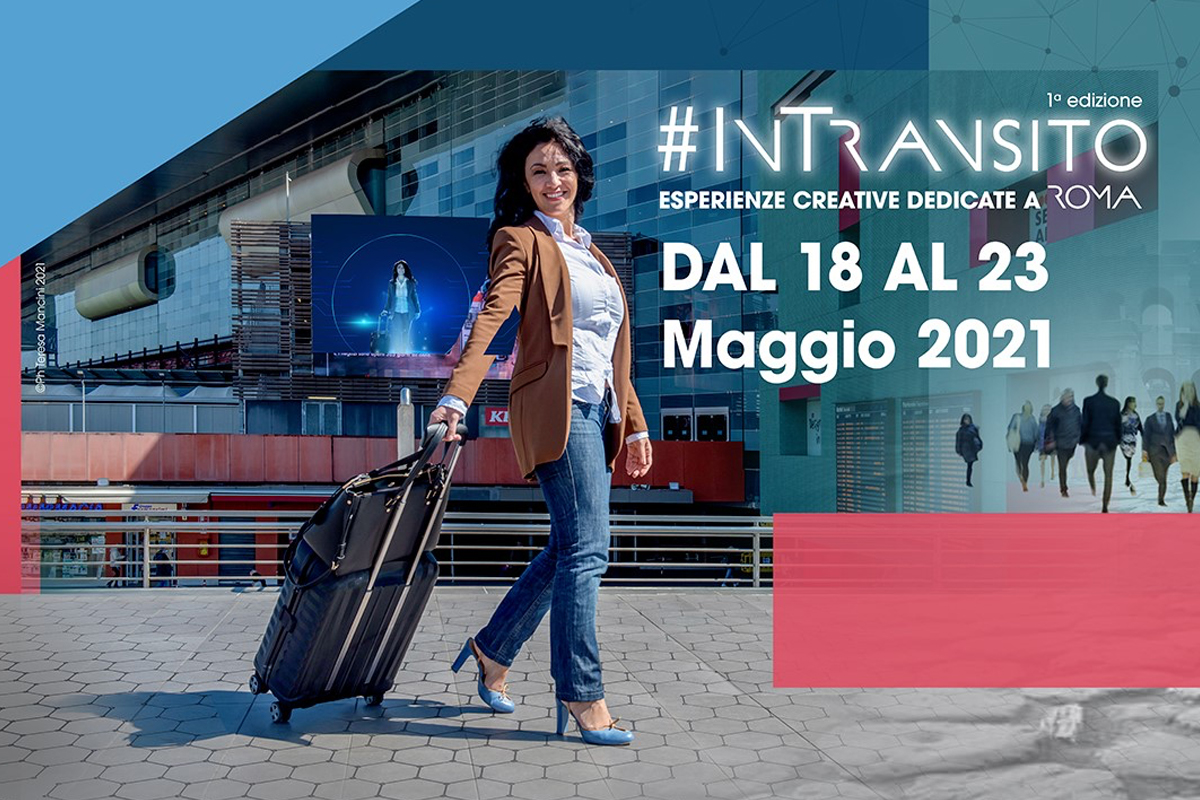
"#InTransito - Creative experiences dedicated to Rome"
THE #InTransito PROJECT – The project idea focuses on the journey, understood as a search for diversity and created to get to know oneself and others. “Traveling is a practice that serves to see; it is a sense-perceptive experience: through seeing one appropriates the surrounding space and, with the activation of processes of abstraction and representation, the experience of places and cultures becomes individual and collective symbolic capital”. The station becomes a place of creation and experimentation, a meeting place, transit, stop, creation, sharing, revision, witness of a complex and increasingly interconnected humanity. In this time of health emergency from Covid 19, traveling is a memory on the one hand and a future project on the other.
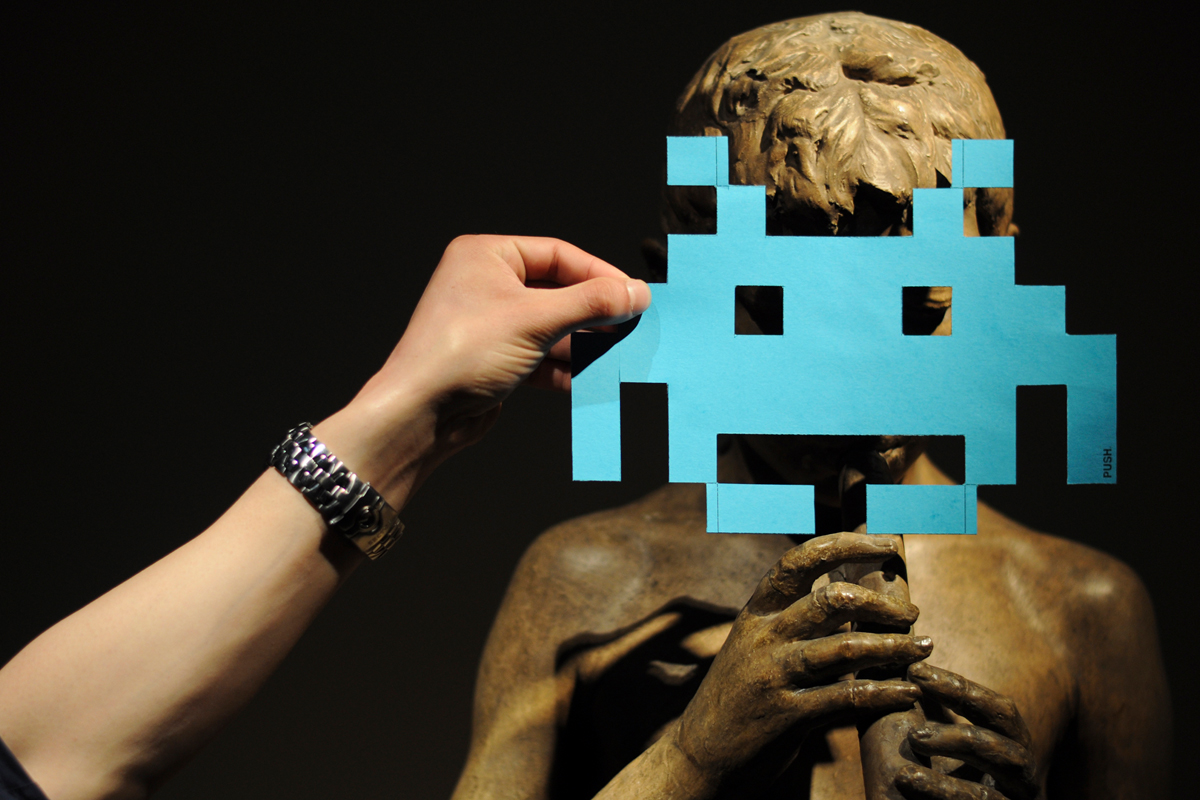
Invasioni digitali: dalla nuvola di punti all’Historic Building Information Modeling.
3D #DigitalInvasions was a pilot experiment that took place in Sicily in 2015. We involved engineering students from Palermo and Catania Universities in planned invasions in the Antonino Salinas Archaeological Museum (Palermo) and the Archaeological and Naturalistic Park of Santa Venera al Pozzo in Acicatena (near Catania). Students created 3D digital replicas of several archaeological works. They used image-based techniques to obtain 3D textured models of an object, sourced from an appropriate photo dataset taken from cameras, smartphones and tablets. The 3D models were then given to the involved public administrations.
During these first two 3D Digital Invasions editions we developed the belief that our approach could also be applied to other sectors of cultural heritage, using technology to spur innovation in museums. We were also interested in exploring how students were able to develop a sense of identity and affiliation to the cultural heritage they worked on. They spent a lot of time capturing the images, giving them the chance to observe, study and understand a piece of art, rather than quickly take a photo and pass to another. This approach aimed to allow them to be personally involved in a specific process to create user generated content and increase an artwork’s cultural value in its own context.


